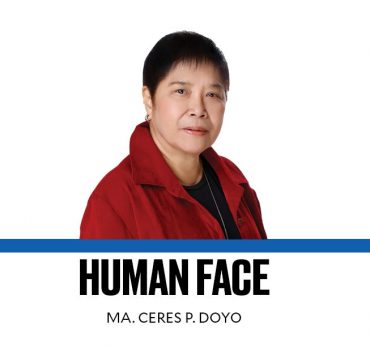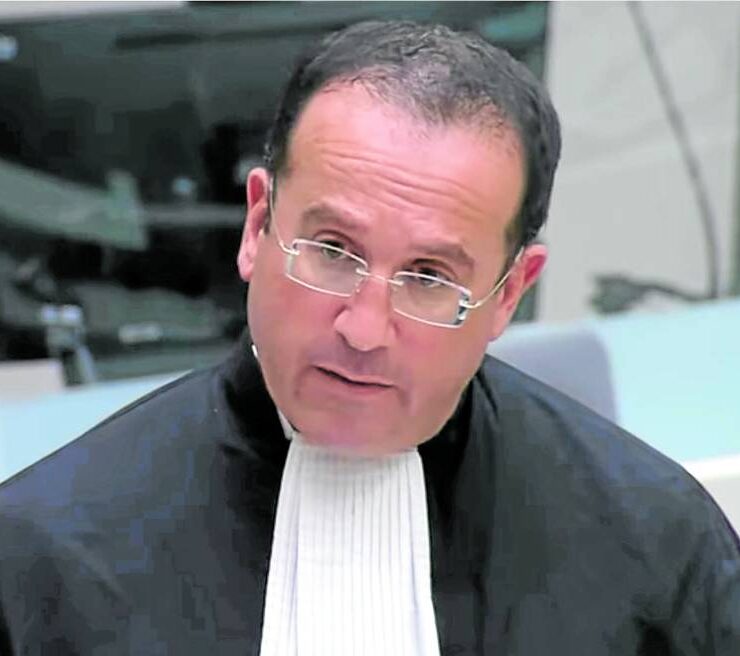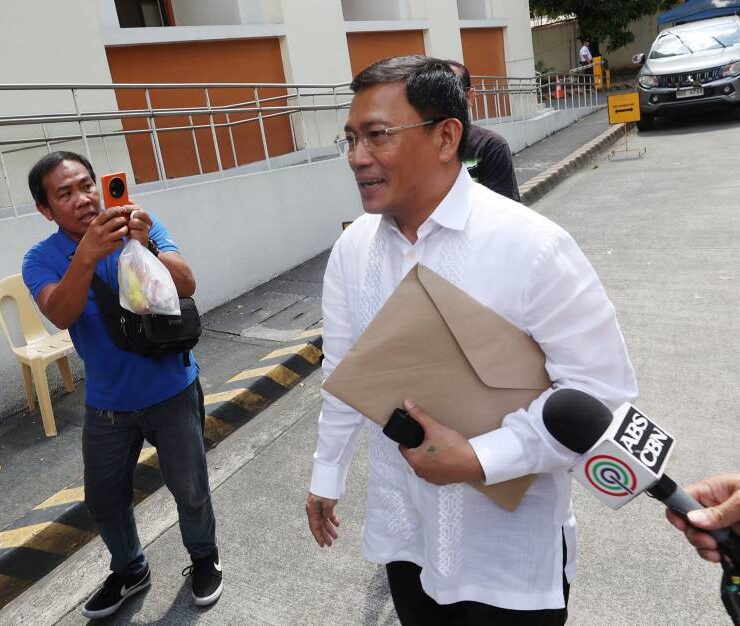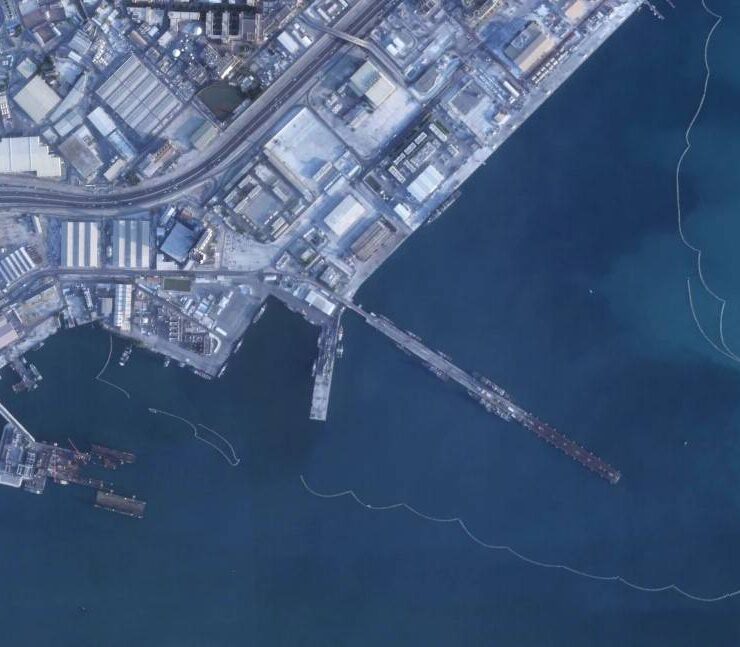Costly ‘abuse of discretion’

When Vice President Sara Duterte refused to account for her office’s P125-million confidential funds that she had used up in 11 days, people rightfully expressed outrage at this sheer display of arrogance and entitlement over taxpayer money. Calls for the official’s impeachment swiftly followed, with her approval ratings plummeting in what can be considered public censure.
Was it too much to expect the same expression of scorn, disgust, and calls for accountability directed at the Commission on Elections (Comelec) for the P132 million in public funds wasted, when the Supreme Court overturned the poll body’s “arbitrary” decision to declare several individuals “nuisance candidates” in the coming May elections?
As Inquirer columnist and retired chief justice Artemio Panganiban noted in his Jan. 20, 2025 column, the poll body “repeatedly committed grave abuse of discretion” on the matter, for which it was called out several times by the courts. (see “Comelec must stop acting abusively, whimsically,” With Due Respect, 1/20/25)
With the high court recently issuing a temporary restraining order (TRO) on the Comelec and ordering it to reinstate the names of five petitioners on the ballot, the Comelec was compelled to discard the six million ballots already printed at a cost of P132 million, as it prepared another print run of the revised ballots.
“Back to zero,” Comelec chair George Erwin Garcia acknowledged, adding however that with the government printing office mobilized, the poll body would still be able to ship out the new ballots before the May 2025 elections.
Expression of regret
That’s small comfort for taxpayers already struggling with unstoppable inflation at a time described by Social Weather Stations surveys as having the highest levels of poverty and hunger. The millions flushed down the drain by the Comelec’s “abuse of discretion” could easily have gone to farm subsidies that would have ensured stable food prices amid recent calamities.
Worse, where’s the expression of regret or remorse, and the Comelec’s sincere resolve to reexamine its role, reassess its rules, and review previous decisions that the courts have now questioned?
Panganiban noted that under Section 69 of the Omnibus Election Code, nuisance candidates have “no bona fide intention to run for the office” they seek and merely put the election process in mockery or disrepute or cause confusion among the voters.
The Comelec, however, declared one petitioner a “nuisance candidate,” due to his failure to show that he had the financial capacity to “sustain a decent and viable campaign on his own,” a condition spurned by the high court, “as it imposes a property qualification barred by the Constitution.” Moreover, the court said, “the Comelec failed to show proof that petitioner lacked the capacity to wage a nationwide campaign.”
Right to due process
Certainly, there are truly nuisance candidates in our midst. But with its insistence on a property qualification, was the Comelec condoning, even enabling, a political system dominated by the rich and powerful who do not share the survival concerns of majority of Filipinos?
Unfortunately, many more similar petitions against disqualification are awaiting court action—25 petitions, according to latest reports—what with Garcia earlier saying that only 66 of 183 individuals running for a Senate seat may be included in the official ballot. With the court ruling possibly encouraging more petitioners to plead their case, how many more ballot revisions—and reprinting and wasted millions—are we bound to hear about in the next couple of weeks?
For sure, some people might blame the high court for its belated and costly ruling, especially given that it had been fully informed of the Comelec’s election preparation timeline. But why begrudge the court its duty to undo—even at the last minute—what would otherwise be an injustice, a denial of someone’s right to due process?
Tricky passage
It should also be noted that the 1993 Comelec Rules of Procedure state that its decision in special cases becomes final and executory after five days from its promulgation “unless restrained by the Supreme Court.” The rules do not impose a time limit on the high court to act on petitions it has received.
After citing the many times when the poll body had been rebuked by the courts for its “failure to observe the very basic constitutional rights to due process and equal protection of the law,” Panganiban noted that these instances have brought “shame and ruin (to) the vaunted competence and independence of the Comelec especially of its chair who, heretofore, had enjoyed an enviable reputation for integrity and trustworthiness.”
Caught between more possible adverse court rulings and the fast-approaching deadline for election preparations, the Comelec would have to negotiate a tricky passage to exercise its mandate to be “fair, objective, and judicious in exercising its quasi-judicial functions.”
There are tough lessons to be learned here, and may they serve as a crucible of credibility for the beleaguered poll body.





















